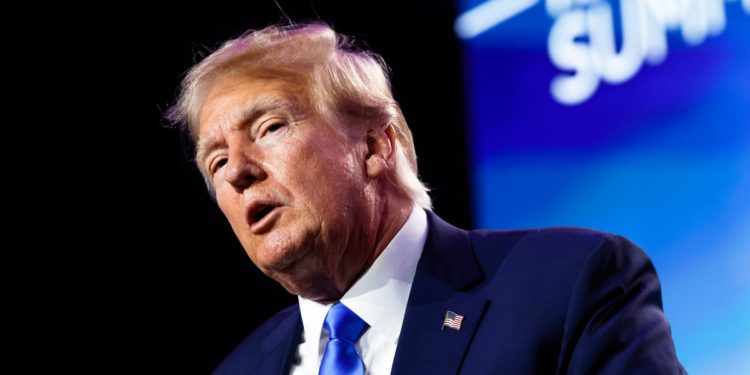TECH STARTUPS
The United States has the highest costs of healthcare in the world. In 2021, the country spent $4.3 trillion on healthcare, translating to an average of around $12,900 per person. But the situation is not getting any better. In 2022, the United States spent a staggering $4.5 trillion on healthcare, surpassing the combined health expenses of six European nations.
Despite advances in healthcare technology, US healthcare spending saw a 4% overall growth from the previous year, making up 17.3% of the gross domestic product. In contrast, other affluent nations have an average healthcare cost per person that is only about half as much.
This massive healthcare spending raises many questions: Why does the U.S. invest so much more in healthcare compared to other developed countries? Are Americans getting sicker than people in other countries? Could the increase in our healthcare expenses be linked to inefficiencies and bureaucracy within our healthcare system? And what implications does this have for the future of health and wellness in America?
According to the recent annual report from the Centers for Medicare and Medicaid Services, American taxpayers covered a hefty $1.8 trillion in federal and state healthcare expenditures in 2022, representing about 41% of the total $4.5 trillion spent on healthcare in the U.S. last year, StatNews reported.
In addition to this $1.8 trillion, third-party programs—often government-funded—and public health initiatives contributed an additional $600 billion to the overall spending.
To put this in perspective, the U.S. government’s healthcare spending last year exceeded the combined spending by the governments of Germany, the U.K., Italy, Spain, Austria, and France, all of which provide universal healthcare coverage to a population comparable in size to the U.S.
Breaking it down, Germany spent approximately $380 billion, France and the U.K. each spent around $300 billion, Italy spent $147 billion, Spain spent $105 billion, and Austria spent $43 billion, totaling $1.2 trillion—roughly two-thirds of what the U.S. government spent without offering universal coverage to its citizens.
This ongoing trend of higher taxpayer dollars going towards healthcare in the U.S. compared to taxpayer-funded health systems in other countries is a key argument presented by economists Amy Finkelstein and Liran Einav in their recent book, “We’ve Got You Covered: Rebooting American Health Care.”
Finkelstein emphasized at the STAT Summit in October that the U.S. is essentially already paying for universal basic automatic coverage as taxpayers and suggested formalizing and funding that commitment upfront. The CMS report’s figures support this perspective, indicating that the U.S. wouldn’t necessarily need to raise taxes to provide basic universal coverage, as it’s already shouldering a significant portion of the expenses.
“We’re already paying as taxpayers for universal…



